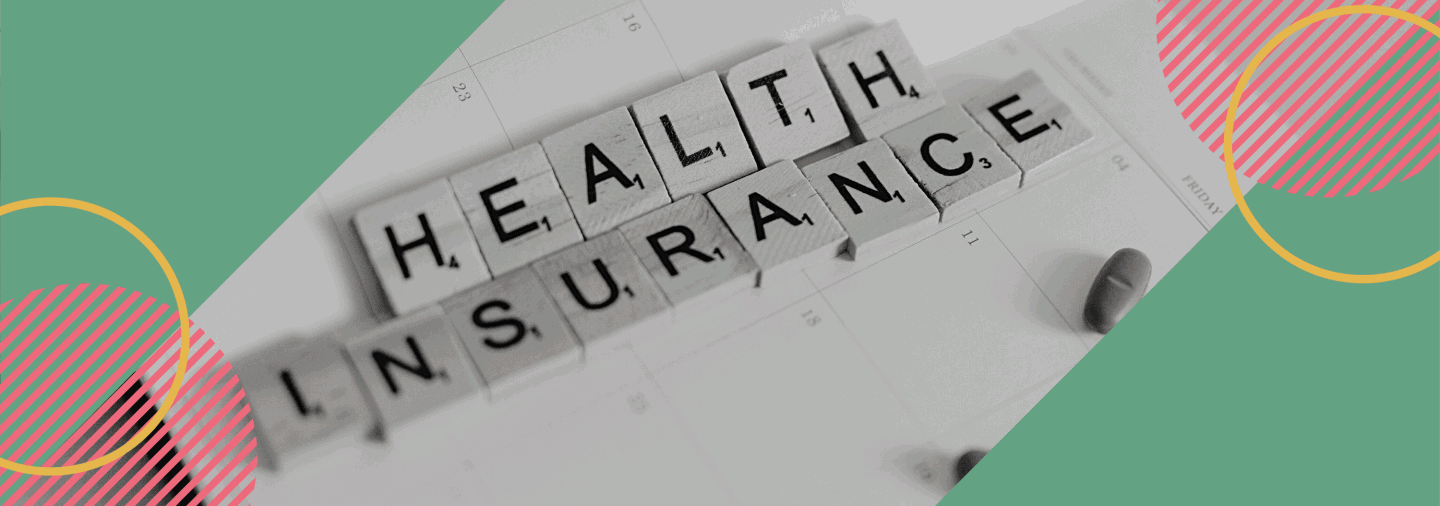These are cloudy, stormy times and it doesn’t look like the sun’s going to come out any time in the near future. This article -tough as it is to write- is important because we need to be ready for what is happening and what the future could possibly hold for us. Let us try to keep finances out of the worries mounting us, and look at ways in which we can strengthen our financial shield.
Let’s start with the basics:
1. Have some money in your bank account: Have at least 10%-15% of your salary in your bank account in case you need to make any urgent payments.
2. Have some cash on you: We’ve more or less lost the habit of keeping cash with us, but keep around INR 10,000 – INR 50,000 (depending on your income & needs) for unforeseen expenses
3. Do not rush to invest in Equity: Even though it is tempting to invest for quick results, but at the moment, liquidity is key.
Moving on, to the most important point: HEALTH INSURANCE.
It may seem expensive, but at this juncture, you need one. If you don’t have it yet, don’t wait around, get one immediately. Let’s go through some health insurance basics. How does it work and what do you need to know?
· You take health insurance for yourself and you pay a premium for the same (it’s like motor/car insurance), where you get sick & hospitalised, the health insurance company pays your bills for you and you do not have to worry about it.
· Type of Health Insurance:
1) Individual - You can take health insurance only for yourself or 'one single' person like either of your parent/sibling.
2) Family Floater Plan - You take one insurance cover for all your family members.
· Things to keep in mind: You must disclose all your existing health issues in the insurance or they may reject your claim on the basis of incorrect/incomplete information.
It doesn’t end with just having health insurance you must know its features as well. Most Insurance policies provide COVID cover; check the features and confirm it with your insurance provider. In case it doesn’t, you should consider porting it to another insurer that has this feature. Corona Kavach or Corona Rakhshak Policies will cover COVID care at home.
Prerequisites for using your insurance policy for home care under COVID:
· A COVID positive report from an ICMR-approved lab
· Doctor's prescription for home isolation and treatment
· Note that antigen reports are not honoured by the insurers. The reports have to be RT-PCR having Specimen Referral Form (SRF) ID.
· There are two conditions when domestic hospitalisation is recommended. First, no medical facility available at the hospital, and second, when a patient's condition is too serious to visit a hospital. So, this is not really a COVID specific thing. In normal cases also domestic treatment is covered under health insurance policies
· This involves medication, nurses' and doctors' visit at home to measure vitals and tests such as CT scan X-ray and of course COVID. Essentially, all medical expenses until the person tests negative are covered. However, there is no concept of pre- and post-hospitalisation expenses in home treatment.
· Also, note that for mild COVID cases where you're treating it at home using antibiotics, you cannot claim insurance on the same.
You should also know that hospitals cannot deny cashless Health Insurance claims. If they do, here’s what you must do:
· IRDAI directed Insurance companies to ensure the availability of cashless facilities with all empanelled network hospitals by putting in place a continuous communication channel with all the network providers.
· Cashless claim is available only at empanelled hospitals/network hospitals which come under your respective insurance provider. You can check this by visiting the website of your insurance company.
· Keep a list handy of all network hospitals for your insurance provider, so that if the time comes you won’t have to run around in search of a hospital.
Finance Minister Nirmala Sitharaman had asked IRDAI chairman SC Kunthia to “act immediately” to address the complaints of denial of cashless claims by insurance companies. She also mentioned that more than 9 lakh COVID-related claims for Rs 8,642 crores have been settled by insurance companies.
In the meantime, you can reach out to us and we shall help you plan it out better. We want to help you sort your financial stress one day at a time. Let’s be strong and take care of each other.



















